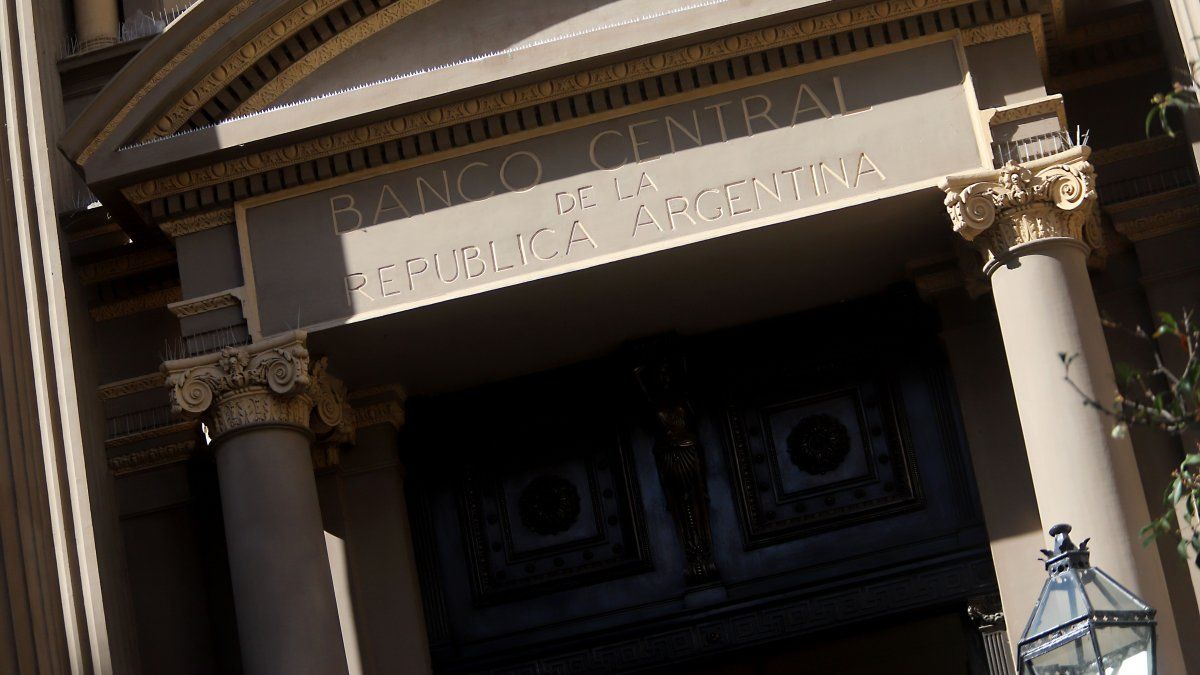Thus, on this day, the index Nikkei Tokyo Stock Exchange closed with a sharp drop of 4.2%, impacted by the poor performance of the previous day in Wall Street.
investments finance markets stocks bonds vivo.jpg
The blow to the world’s major stock markets.
Depositphotos
The benchmark index Nikkei 225 lost 4.2% to 37,047.61 pointswhile the broader index Topix closed down 3.7% at 2,633.49 points.
Factor 1: Seasonality
“We all know that September is a bad month for stocks. In fact, since the 1950s, it is the most bearish month for US stocks,” he said. Bilal HafeezCEO and analyst at Macro Hive.
In turn, this year in particular, the world stock exchanges They are coming off months of strong gains, which could suggest that a correction is logical.
Factor 2: The strength of the yen
Arif Husseinhead of fixed income at T. Rowe Price, commented that “the scapegoating of the yen carry trade ignores the start of a larger, deeper trend. The Bank of Japan’s monetary tightening and its impact on global capital flows is far from simple, and will have a major influence in the coming years.“.
According to the head of fixed income at the American asset manager, the contrast between the monetary policy of the Federal Reserve (Fed) and the BoJ could shake up global markets again sooner rather than later.
Factor 3: The possible recession in the United States
The New York Stock Exchange opened lower on Wednesday, Still concerned about the bad signals it receives from the US economywhich is why caution is encouraging many investors to take profits.
In early trading, the main index, the industrial Dow Joneswas close to equilibrium (-0.03%), while the technological Nasdaq lost 0.70% and the broader S&P 500 index fell 0.34%.
Wall Street suffered a sharp fall in Tuesday’s session: the Nasdaq fell 3.3%, making it the index with the greatest decline among the main ones on the New York Stock Exchange, while the Dow Jones lost 1.5% and the S&P 500 fell 2.1%.
That square is waiting for Friday the release of the monthly US employment reportthe last one before the Federal Reserve’s (central bank) monetary policy meeting in mid-September.
Factor 4: Warren Buffett’s million-dollar sale
The abrupt sale of billions of dollars in Bank of America (BofA) shares by Warren Buffett’s iconic Berkshire Hathaway fund, undoubtedly baffled market strategists.
Some associate it with fears of an impending recession and the Federal Reserve’s (Fed) cycle of interest rate cutswhich would begin in the middle of this month and affect the bank’s interest income.
Others believe that The legendary investor opted to increase the cash position, to record levelsdue to high stock prices in the face of an artificial intelligence (AI) bubble.
The truth is that the move of Buffett’s take on BofA intrigues analysts who fear it could be a turning point for the market.
Source: Ambito




